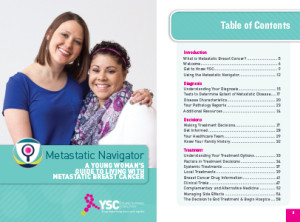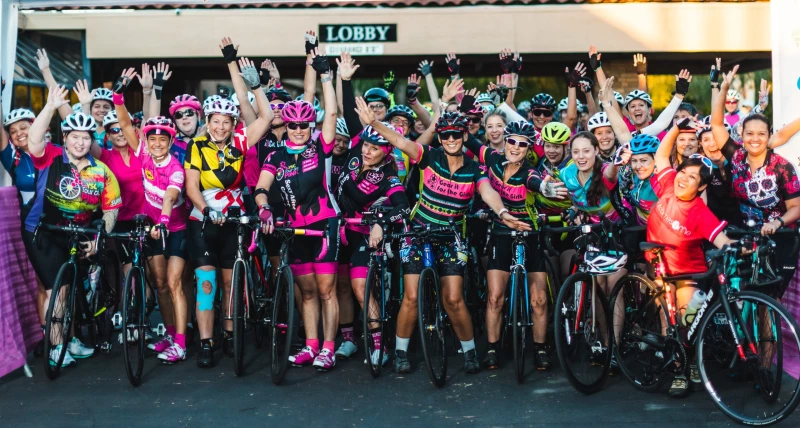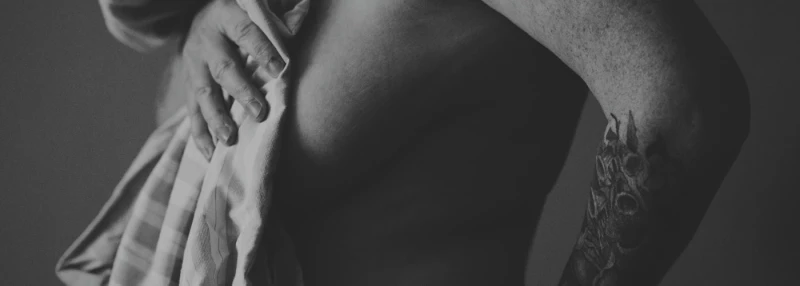A diagnosis of metastatic breast cancer (MBC) was the last thing I expected. I was a busy wife and dedicated mother to my seven-year-old daughter. I was the family breadwinner, working as a network engineer in Seattle’s fast-paced technology industry in 2006.
At age 36, breast cancer wasn’t on my radar. I discovered a lump, but physicians assured me I was too young to have breast cancer and it was likely an infection. Months later, following a biopsy, I was shocked to be diagnosed with MBC.
While in chemotherapy, I heard about Young Survival Coalition (YSC) from my oncology nurses. I was hesitant to attend a YSC support group, for fear I might frighten other early-stage members, but they welcomed me with open arms and I soon discovered it was equally important for early-stage survivors to see us MBC girls living and thriving with chronic illness.

I became an active volunteer for YSC and was honored to review and provide feedback on their new Metastatic Navigator: A Young Woman’s Guide to Living with Metastatic Breast Cancer. This is the guide I wish was available when I was first diagnosed 10 years ago, because it’s full of important information for those living with MBC. It’s designed to empower young women to be their own best health advocates, while connecting them to a network of support.
The comprehensive guide contains the most up-to-date information on metastatic breast
cancer including: treatment options; quality of life issues; communicating with healthcare providers, family and friends about the disease; questions to ask or consider; and resources available for additional assistance. Other topics include: hospice; palliative care; the decision to end treatment; legal decisions and other information for end-of-life planning; legacy projects; speaking to children about metastatic breast cancer; complementary and alternative medicine; adoption and fertility.
Today, my focus has shifted to finding balance and sustainability for myself and my loved ones as I seek to pace myself through long-term treatment. While we ultimately need a cure for MBC, there is good news on the horizon and remarkable advances being made in treatments that are changing the landscape of our prognosis. We are starting to use words like “chronic disease” instead of “terminal disease,” and we are seeing many women, myself included, who are far outliving our initial dire prognosis and rapidly changing the outcome of future statistics.
If you are not already a part of the YSC community, I encourage you to consider it. We are committed in heart and soul to making your journey as comfortable as possible, while helping you navigate through the many questions and fears you’re experiencing. We come together in communal support to share our experiences and lean on each other through periods of grief and loss, as well as celebrate moments of thriving in optimistic possibility. Your fellow survivors are your sisters and we understand the uniqueness of your situation like no one else can.
You are not alone.
In harmony,
Katie Hogan, living with MBC since 2006



